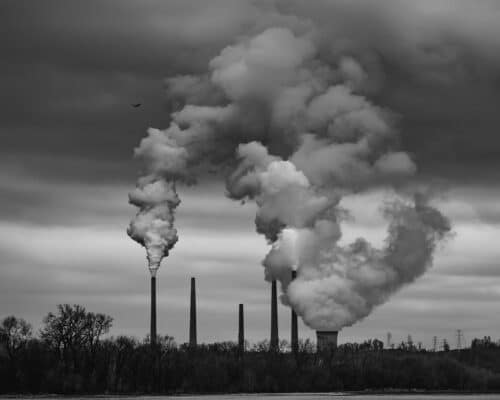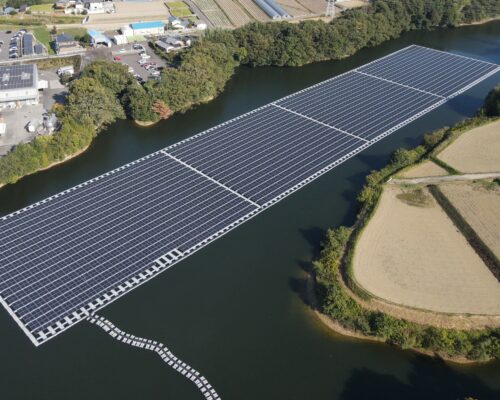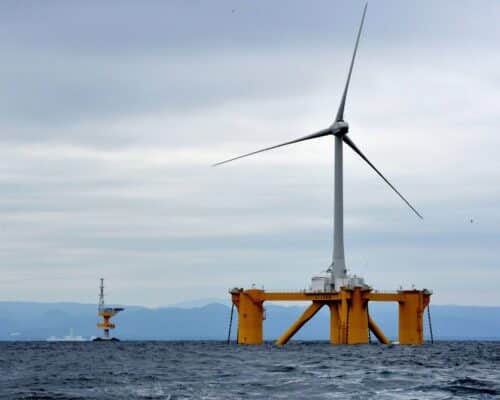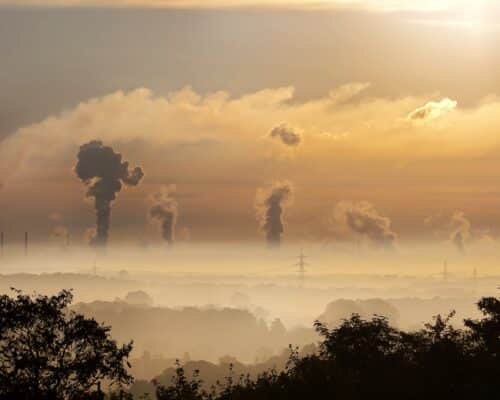Region

Fossil Fuels Dominate Japan Energy Sources
Japan sources the overwhelming majority of its energy and electricity from fossil fuels. However, the country's domestic fossil fuel reserves are minimal. As a result, Japan imports most of its energy, placing its energy security in a precarious position.

The Environmental and Climate Impacts of False Solutions on Japan
Japan is the leading proponent of the mass adoption of ammonia co-firing and CCS technologies for power generation domestically and across Asia. However, scientists warn that such steps will not only fail to reduce emissions but could also result in adverse impacts, including air pollution, water contamination and ecosystem degradation.

Solar Energy in Japan: Room For Growth
Solar energy is Japan's most used renewable energy source, yet it still makes up a small portion of its total energy mix. This will need to dramatically increase for Japan to stay aligned with its renewable energy and decarbonisation goals.

South Korea’s Energy Mix: Prominent Role of Fossil Fuels
The IEEFA warns that South Korea’s misplaced faith in fossil fuels could create a vicious cycle of spiralling energy costs, derailed decarbonisation progress and loss of opportunities as investors back the transition to renewable energy.

Renewable Energy Companies in Japan Are Crucial For Decarbonisation
Japan's renewable energy sector is slowly growing, with some of the country's largest energy developers beginning to invest heavily in low-carbon solutions. The government must encourage these companies to target true renewables, like offshore wind and solar rather than untested "clean" fossil fuel technologies.

Indian Elections 2024: Climate Change Should Take the Spotlight
India has established itself as a leader in the region's clean energy transition. Still, the country's political parties now have to prioritise tackling climate change and taming its worst impacts – a problem scientists expect will worsen.

Ammonia-Coal Co-firing Plans Risk Worsening the Air Quality Problem in India and Pakistan
Experts describe technologies like CCS and hydrogen-ammonia co-firing as false solutions to climate change since they will perpetuate the use of fossil fuels. However, scientific evidence indicates that they also pose air pollution and health risks – problems India and Pakistan already have to deal with.
Renewable Energy in Malaysia 2024 – From Oil To Sustainability
Malaysia's energy mix is heavily geared towards coal, oil and natural gas. However, the country has ambitious renewable energy and decarbonisation goals over the next 30 years. The rapid development of domestic renewable energy is crucial to stay on track.
Wind Energy in South Korea – Opportunities and Challenges
The wind energy sector can become the difference that gives South Korea's renewable energy progress that much-needed boost. The country's vast potential for offshore wind is already starting to attract some of the leading developers in the industry. Judging by the first signs, South Korea's future promises to be "windy."
Top Energy Companies In Singapore 2024
Singapore's energy mix heavily favours fossil fuels, but the country is aiming to change this. As a result, several of the leading energy companies in the country are developing renewable energy projects. This will likely be spurred on by government subsidies and favourable policies in the coming decade.
Environmental Issues in the Philippines and New LNG Projects
The fossil gas expansion in the Philippines, mainly fueled by SMC, is taking place amid the worsening climate and energy crisis. The move risks burdening the nation with high energy costs, unreliable supply, stranded asset risk, increased energy dependency and a devastating impact on the environment.
Climate Change in Malaysia – Environmental Issues and Solutions
Malaysia relies heavily on fossil fuel-dependent industries, leading to near-term environmental damage and perpetuating climate change. The country needs to address these near-term issues while reducing emissions and creating adaptation strategies for the future.
Top 10 Oil And Gas Companies In Singapore [2024]
Oil and gas companies have long been a significant economic pillar in Singapore's economy. The country is the major thoroughfare and hub of fossil fuels in Asia. Most of the largest international fossil fuel companies have offices in Singapore, but there are also several major local companies. How will these businesses fare now that the energy transition is underway?
Environmental Issues in Japan and Solutions
Japan is particularly susceptible to climate change impacts as an island nation that straddles climate regions. However, its emissions targets are relatively new, and there is little progress to show towards them. This is exacerbating several existing environmental impacts within the country.
Most Popular
Categories
-
9
-
31
-
127
-
4
-
17
-
39
-
50
-
14
-
10
-
15
-
23
-
6
-
153
-
161
-
23
-
1
-
22
-
29
-
36
-
64
-
14
-
74
-
40
-
17
-
6
-
28
-
20
-
84
-
243
-
20
-
35
-
31
-
9
-
41
-
35

